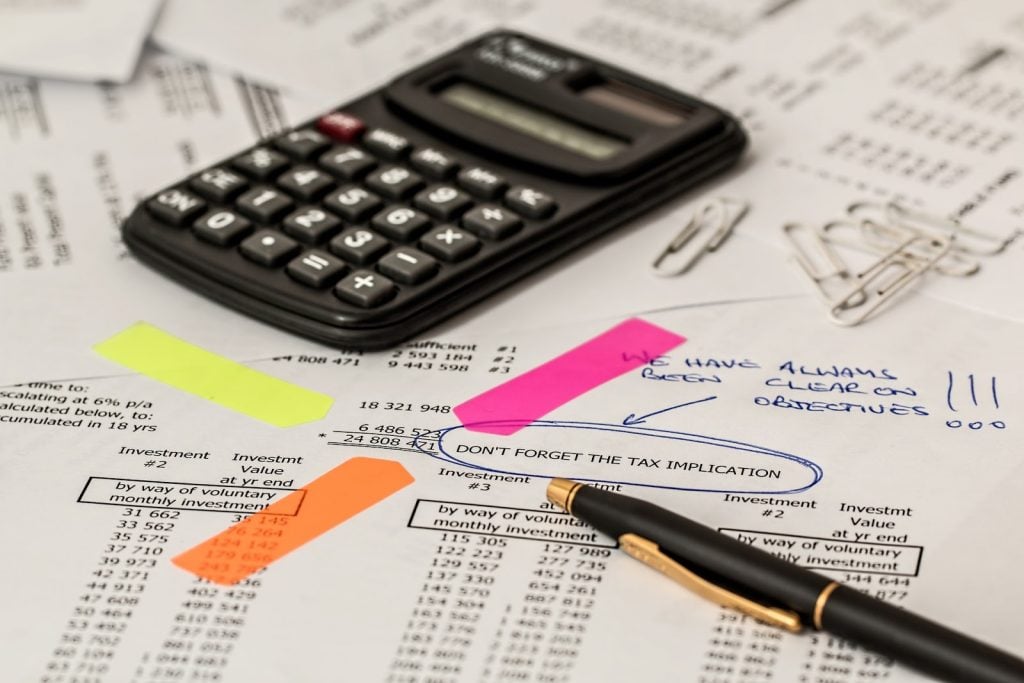The last two years of corporate tax cuts produced multiple legislative amendments.
The previously mundane process of determining a company’s tax rate and its franking rate is now more complicated, and there are a number of anomalous outcomes.
Many advisers are asking themselves if they really understand how to work out whether a company is a base rate entity.
At the 2019 Private Business Tax Retreat in September, Robyn Jacobson, CTA will be presenting the session ‘Determining a base rate entity’s corporate tax rate and franking rate’, where she will dig into the issues facing advisers.
We spoke to her for this post.
“Recent policy changes, ATO draft rulings and legislative changes have resulted in significant complexity and confusion. In my session, I’ll try to help delegates better understand the enacted and proposed measures that determine a company's tax rate and franking rate” she said.
“I will walk delegates through the new measures and provide practical information on how to work out if a company is eligible for the lower tax rate. I’ll also identify the anomalies that are resulting from the changes.”
Robyn’s session will cover the intricacies, nuances and subtleties of the reduced corporate tax rate, and look at the meanings of “base rate entity”, “base rate entity passive income” and “corporate tax rate for imputation purposes”, as well as associated interpretive issues.
She will also look at the relevance of TR 2019/1 when determining eligibility for the lower tax rate, the complex treatment of amounts flowing through chains of trusts and partnerships, and working out a company’s franking rate, including dividend strategies.
“This session will equip delegates with current, correct information to be able to determine a company's tax rate and franking rate. I’ll also provide practical tips, tools and technical insights based on my many interactions and discussions with Treasury and the ATO regarding these measures over the past few years.”
Robyn is well known in tax training circles, having been a professional tax trainer for 22 years and a regular conference presenter.
With nearly three decades in the profession, Robyn’s public practice background preceded her training roles with Webb Martin and her own business, Cyntax, before its merger with TaxBanter in 2011.
“Following my time in public practice, I have been a professional tax trainer for more than two decades now, the last eight with TaxBanter. I am an FCA, an FCPA, a CTA and a Registered Tax Agent.
I regularly consult with The Treasury, the ATO and the professional bodies on technical issues, and I am a member of the ATO's STP consultation, including two years spent with the STP Micro Focus Group, and the ATO’s Shareable Content consultation.
I am the editor of the Banter Blog and the host of TaxBanter’s popular podcast Tax Yak.
I was also recently named as a Finalist in the Women in Finance Awards 2019 in the category of Thought Leader of the Year.”
Robyn has been a Fellow member of The Tax Institute since 2005, becoming a Chartered Tax Adviser in 2012.
Serving on The Tax Institute’s Victorian Professional Development Committee, the Victorian Tax Forum Organising Committee and the national Noosa Tax Intensive Organising Committee, Robyn was also previously Co-Chair of The Tax Institute’s Victorian Women in Tax Committee, and served for four years on the Victorian State Convention Organising Committee.
“I have presented at many of the Institute’s events and conferences over the years, including the Victorian Tax Forum, the Noosa Tax Intensive, the National Convention and the SME Day in Melbourne. This is my first appearance at the Private Business Tax Retreat.”
This year’s Private Business Tax Retreat takes place on 12-13 September, at the Palazzo Versace on the Gold Coast.
Find out more about Robyn’s session, and the rest of the program on our website.









